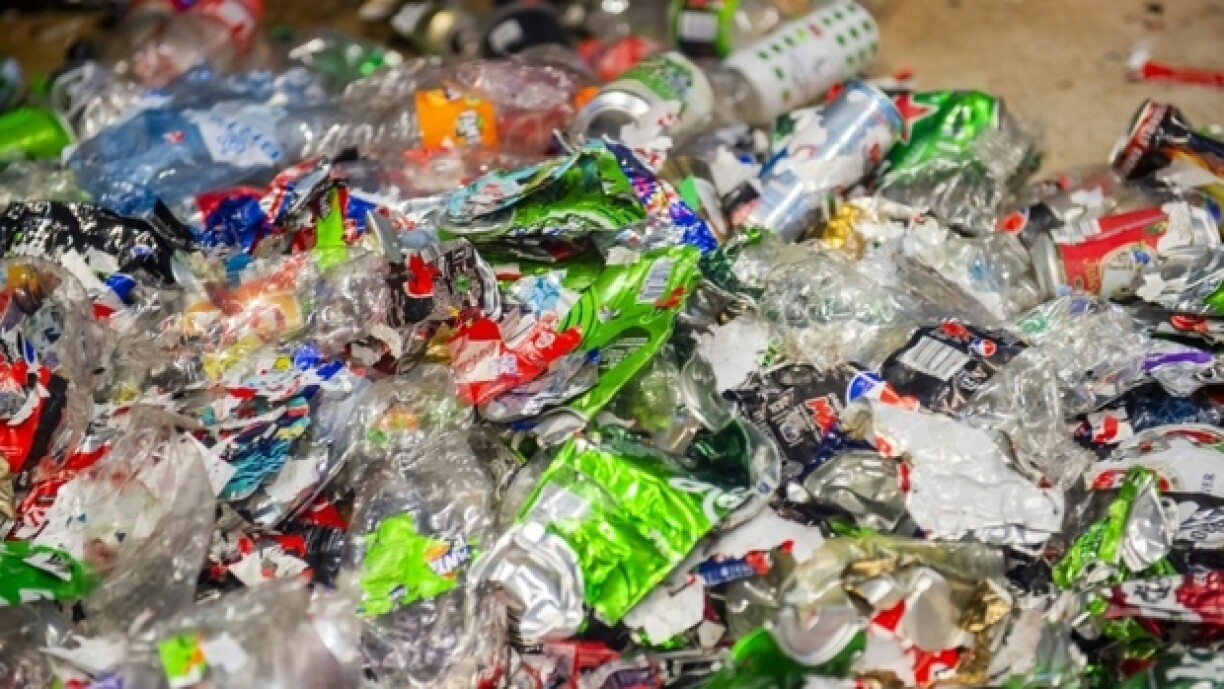
Many European directives regarding the handling of waste and encouraging the avoidance of single-use packaging are set to be implemented into national law.
Six workshops came together in drumming up new ideas on how best to tackle efforts in reducing waste and these were presented in Dieschbourg’s report on Wednesday.
However, it is important to note that the environment minister recognises that zero waste is not a realistic goal and will never be achieved.
The problem is well known: no matter whether the public is shopping, buying clothes or using phones, everything we do eventually produces a form of waste.
However, this new strategy and call to change habits is about creating a better understanding and awareness of our resources. The simple goal is to use this knowledge and adapt consumer behaviours in order to use them in a smarter and long lasting way.
By 2030, 65% of waste produced in Luxembourgish homes should be recycled, this will greatly reduce the amount of material sent to the dump.
Robert Schmit, director of Environmental Administration says that any waste that is not being recycled will be burnt. By burning, the last bits of energy left in the waste can be transferred into other means.
A new method of recycling cans and bottles will be introduced via a deposit system, however, this process is not as easy as it sounds.
As Luxembourg would need to collaborate with Belgium and the Netherlands, it brings up issues with who and where cross-border products should be recycled and refunded. Most of the beverages consumed here in the Grand Duchy are imported from Belgium. The deposit system should be applied to all products, not only Luxembourgish ones.
Reusable products should be made more common in the future. Selling single use cups and plates as well as containers will reduced fully by 2024 and thereby governed by law.
The same practice will be in place for pre-packaged fruit and vegetables.
Supermarkets will adhere to new, stricter guidelines to avoid food waste.
Recycling centres will be known as resource centres.
Robert Schmit elaborates on this, saying that such resource centres could be used as a place not solely regarded as a place that the public can simply get rid of products which can still be used.
Moreover, they could function as repair cafes. Instead of looking at products that are no longer in keeping with taste, or replaced by newer models, these should no longer be viewed as waste, and could be fixed-up, up-cycled and refurbished.
Littering will be heavily penalised, with substantial fines in place. These will increase from €49 to €149.
Littering in Luxembiurg has become extremely problematic. Not just in private dumping but also in trends seeing industrial waste being dumped i the wild.
Construction will not only be expected to be increasingly energy efficient but as of 2025, a registry of materials is to be established, declaring which resources were used in which parts of the construction.
There will also be a tighter focus on what materials can be reused across different markets and trades.
A circular economy is one of the biggest ‘jokers’ of climate protection, according to the Minister of Environment.